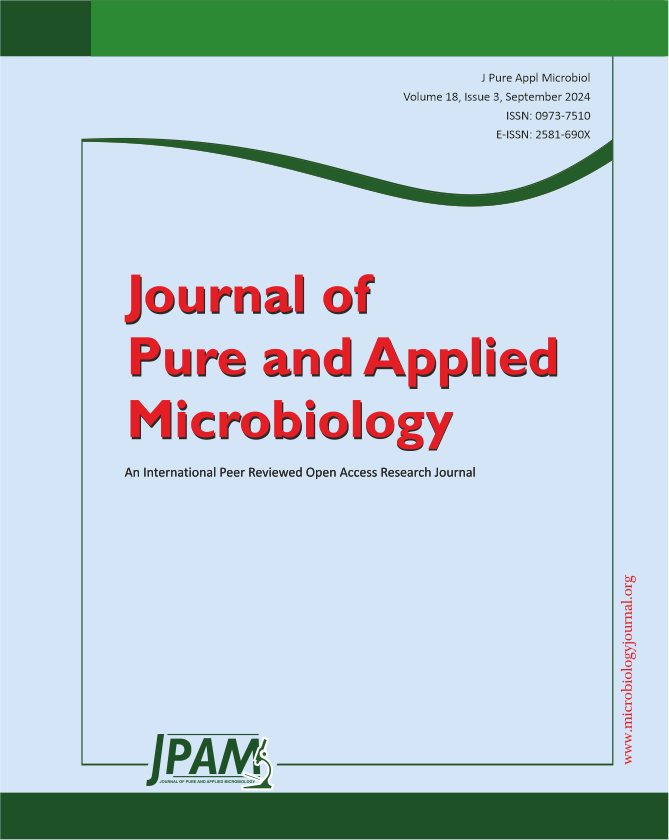The human microbiome is a complex ecosystem of bacteria residing in the body. It plays a crucial role in safeguarding the overall well-being of individuals while also making them more vulnerable to various diseases. The human microbiota, genetics, and health have a complex connection, which is significant for maintaining health and preventing infections. The microbiome has a role in several gastrointestinal, skin, dental, and systemic diseases, such as obesity, diabetes, and autoimmune disorders. Genetic variation and lifestyle and dietary choices modify the microbiome composition, thereby influencing the risk of developing severe infections. The microbiome impacts host gene expression and acts as a biomarker for several diseases. The gut microbiome and genes are linked in the pathogenesis of obesity and inflammatory bowel disease. Therefore, this review focuses on the relationship between the microbiome and genetics and elucidation of the complexity of this connection. Future research-based microbiome interventions to prevent diseases could lead to strategies for personalized medicine that enhance treatment efficacy and health outcomes.
Host-microbiome Interaction, Microbiome Variations, Host Genetic Background, Microbiota Adaptation, Healthy Bacteria, Factors Influencing Microbiome
© The Author(s) 2024. Open Access. This article is distributed under the terms of the Creative Commons Attribution 4.0 International License which permits unrestricted use, sharing, distribution, and reproduction in any medium, provided you give appropriate credit to the original author(s) and the source, provide a link to the Creative Commons license, and indicate if changes were made.


